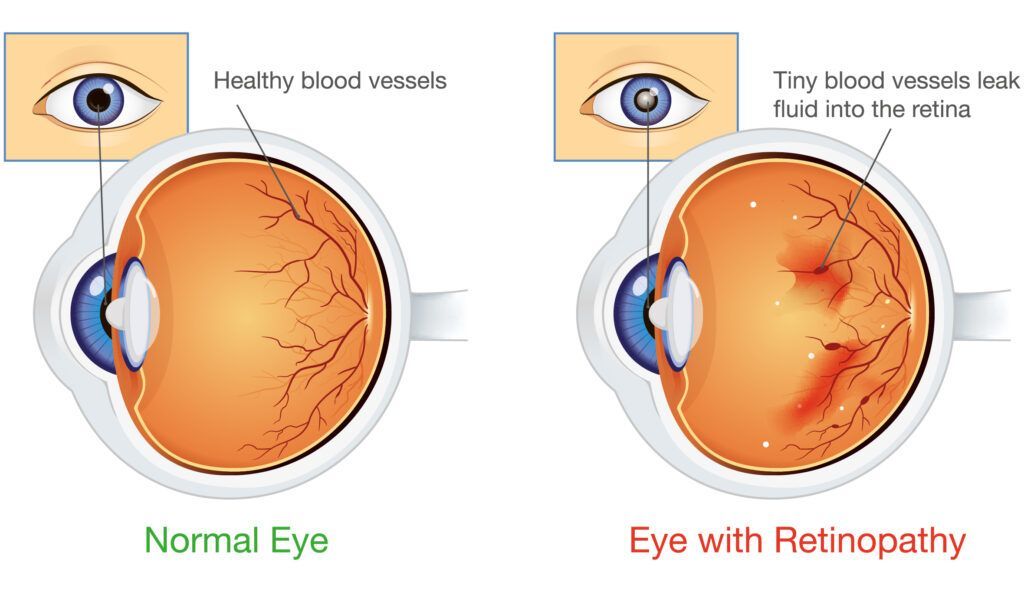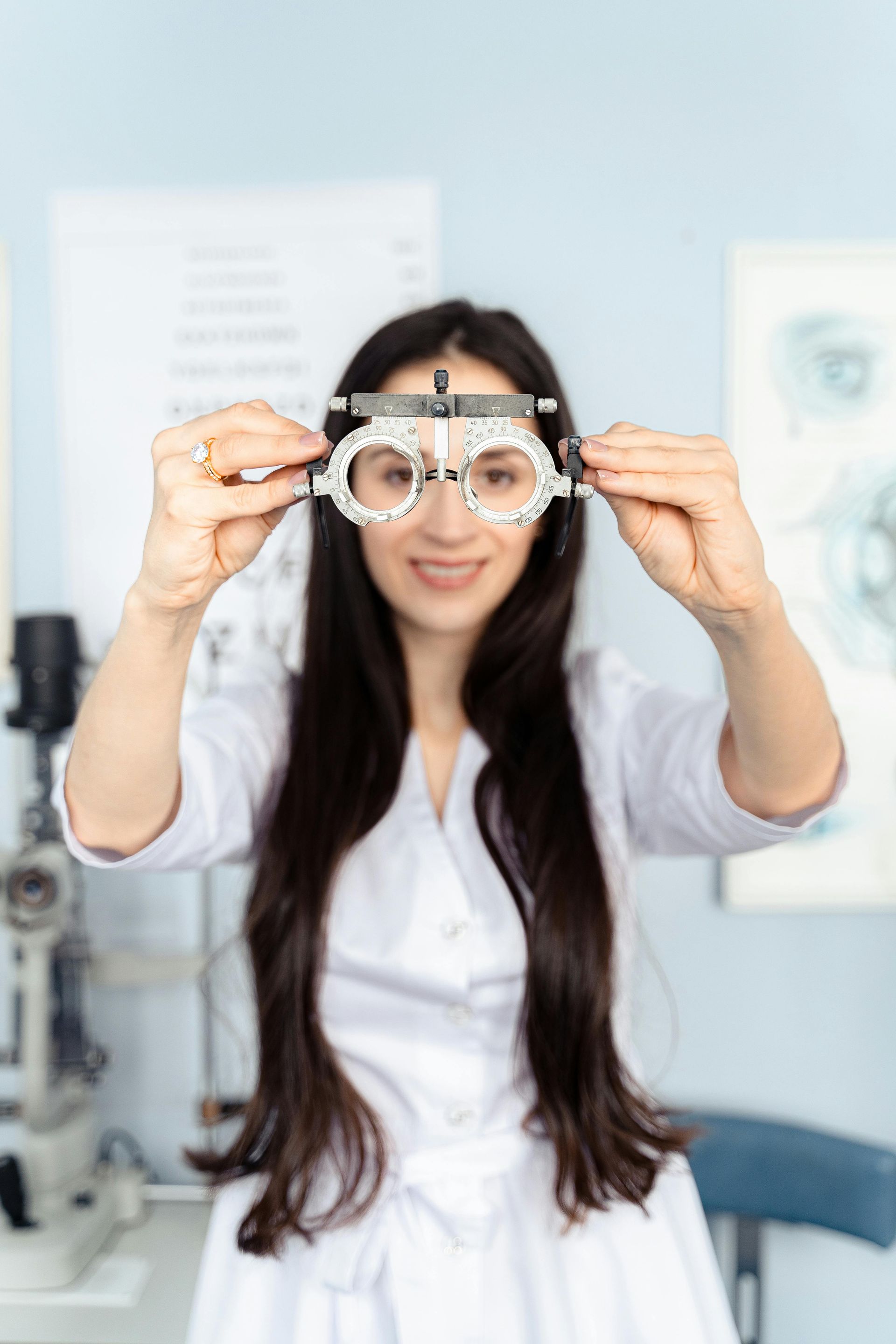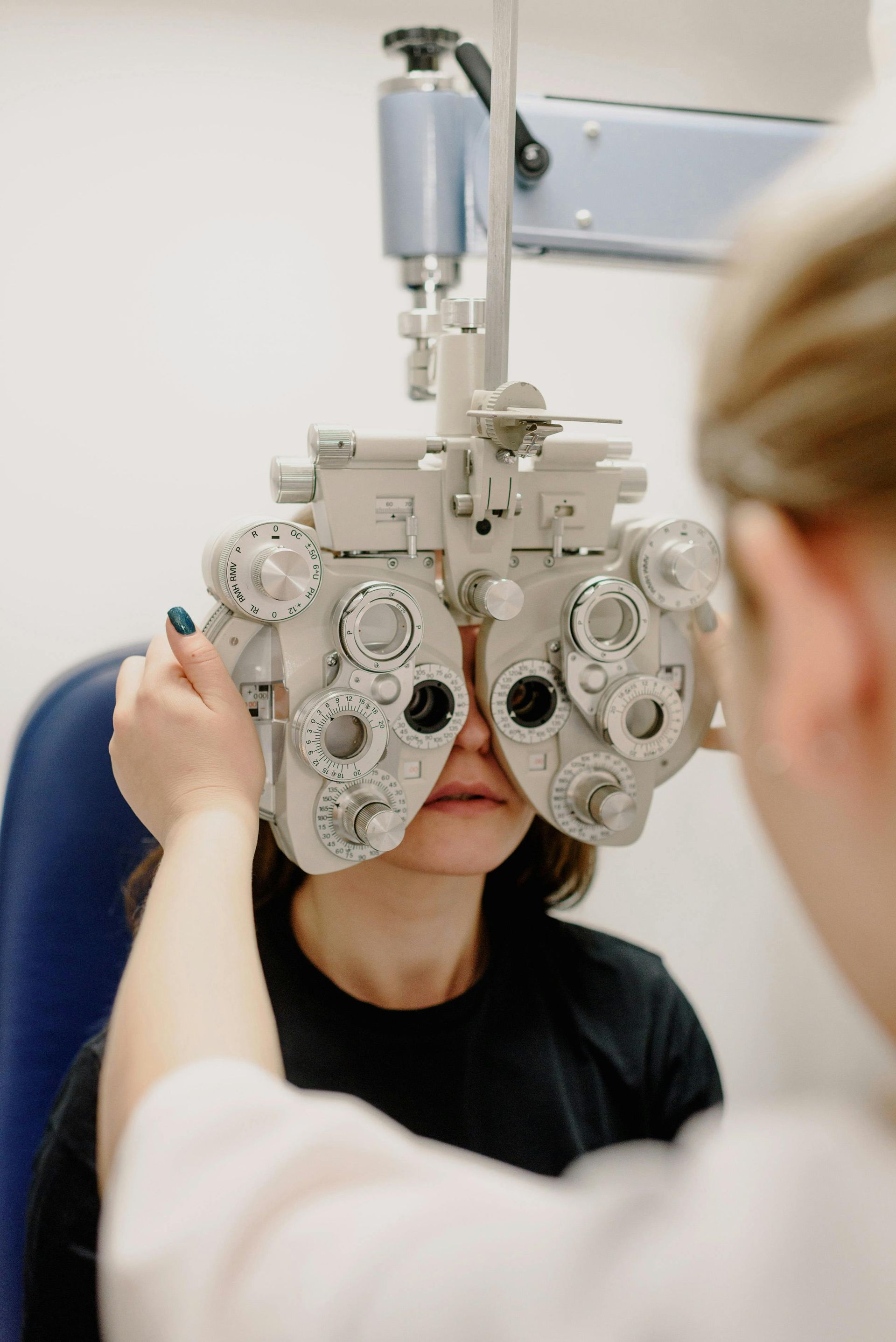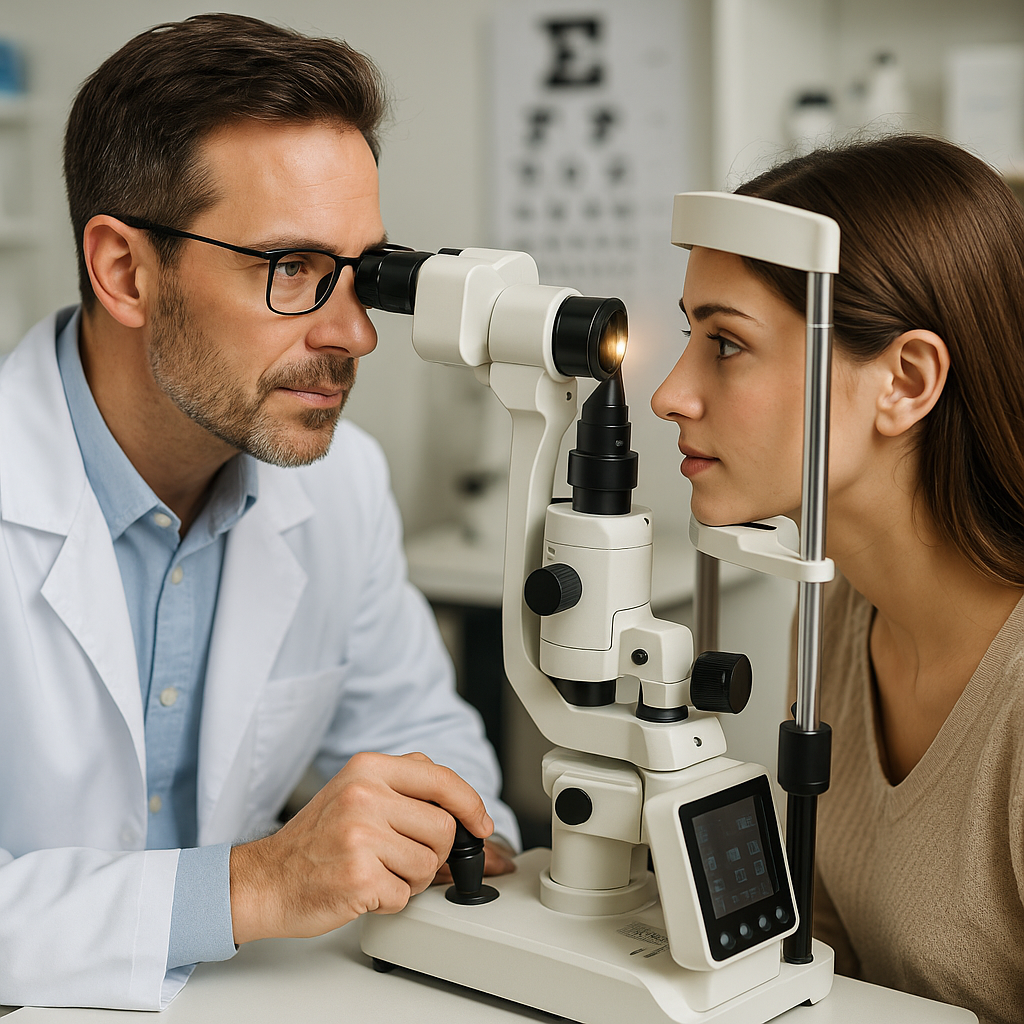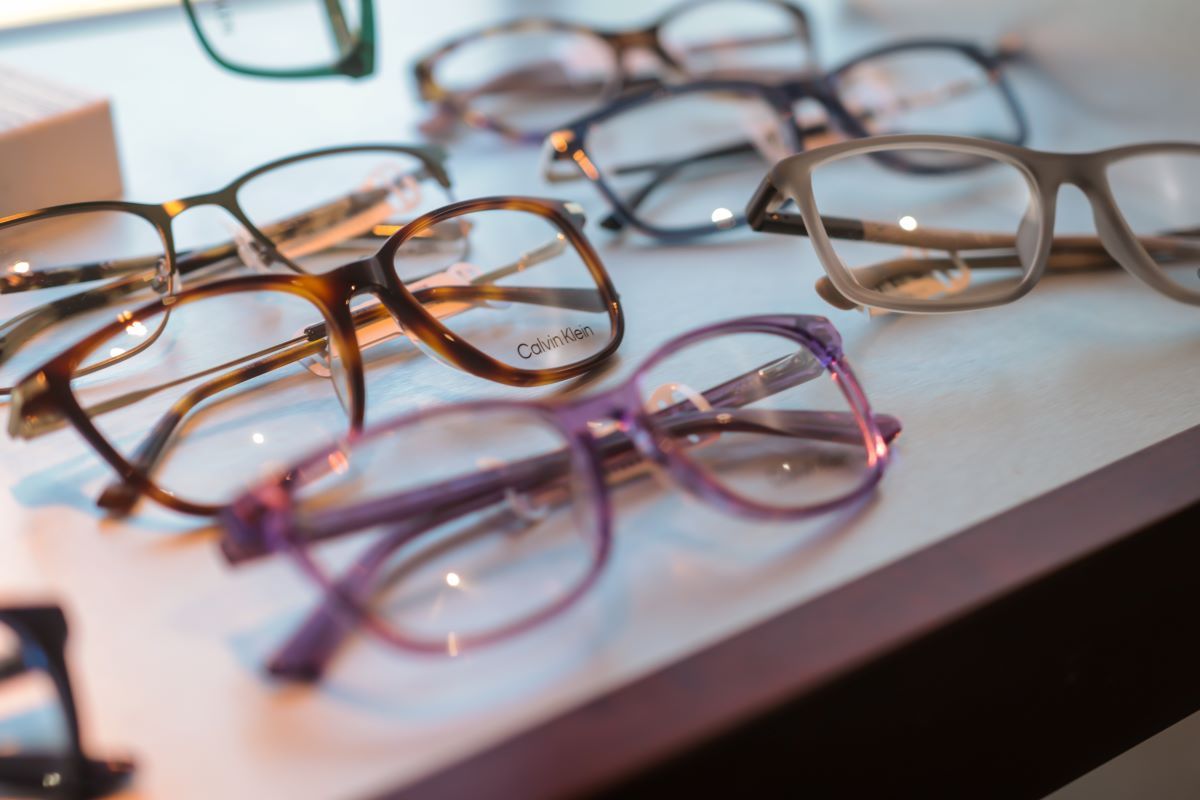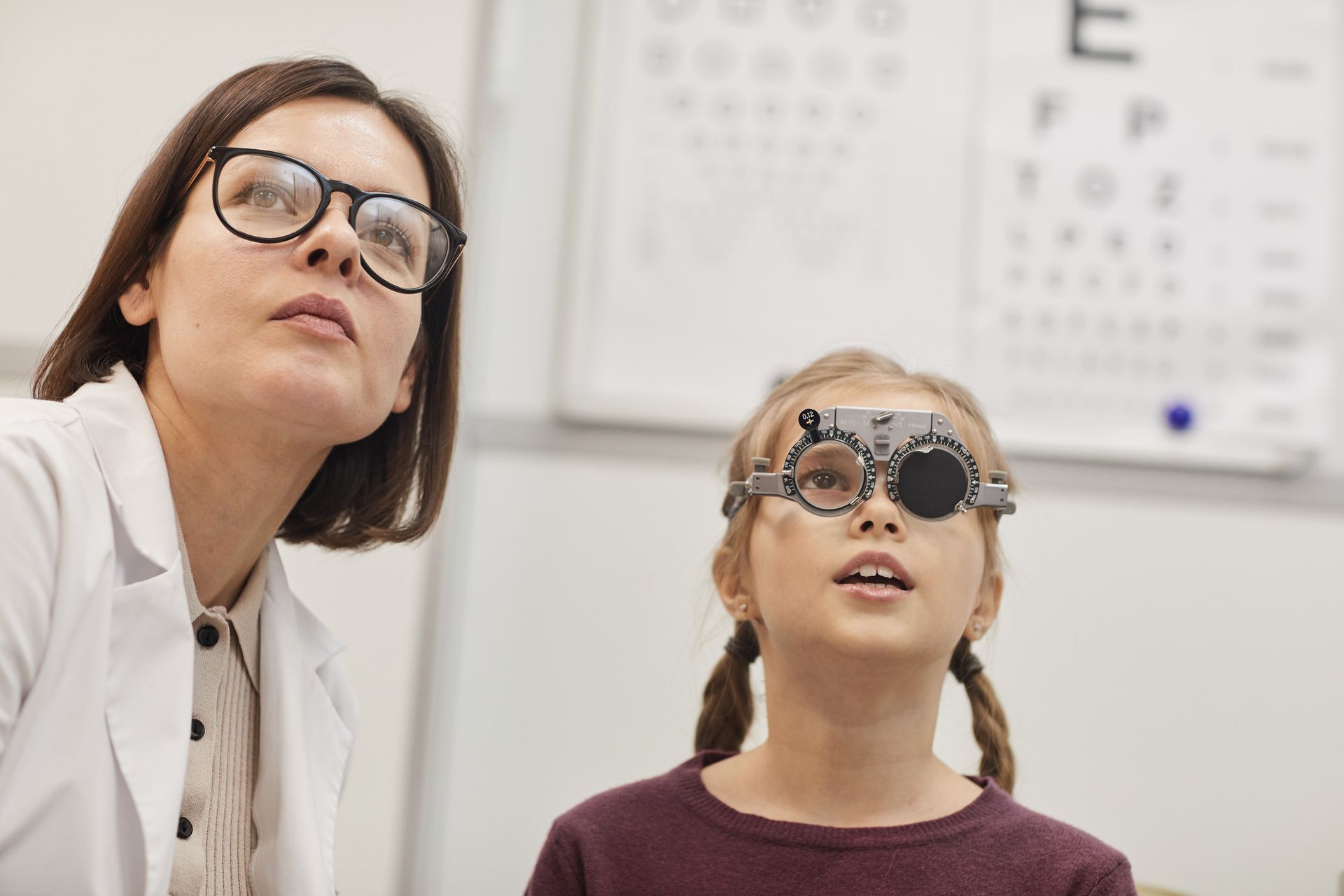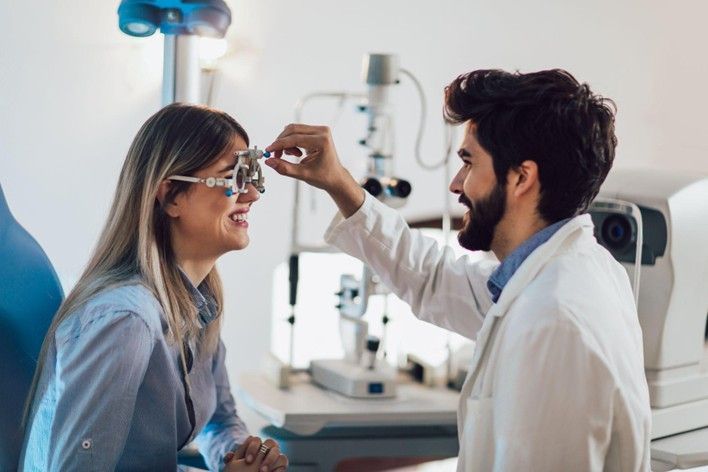Understanding UV Radiation and Eye Health
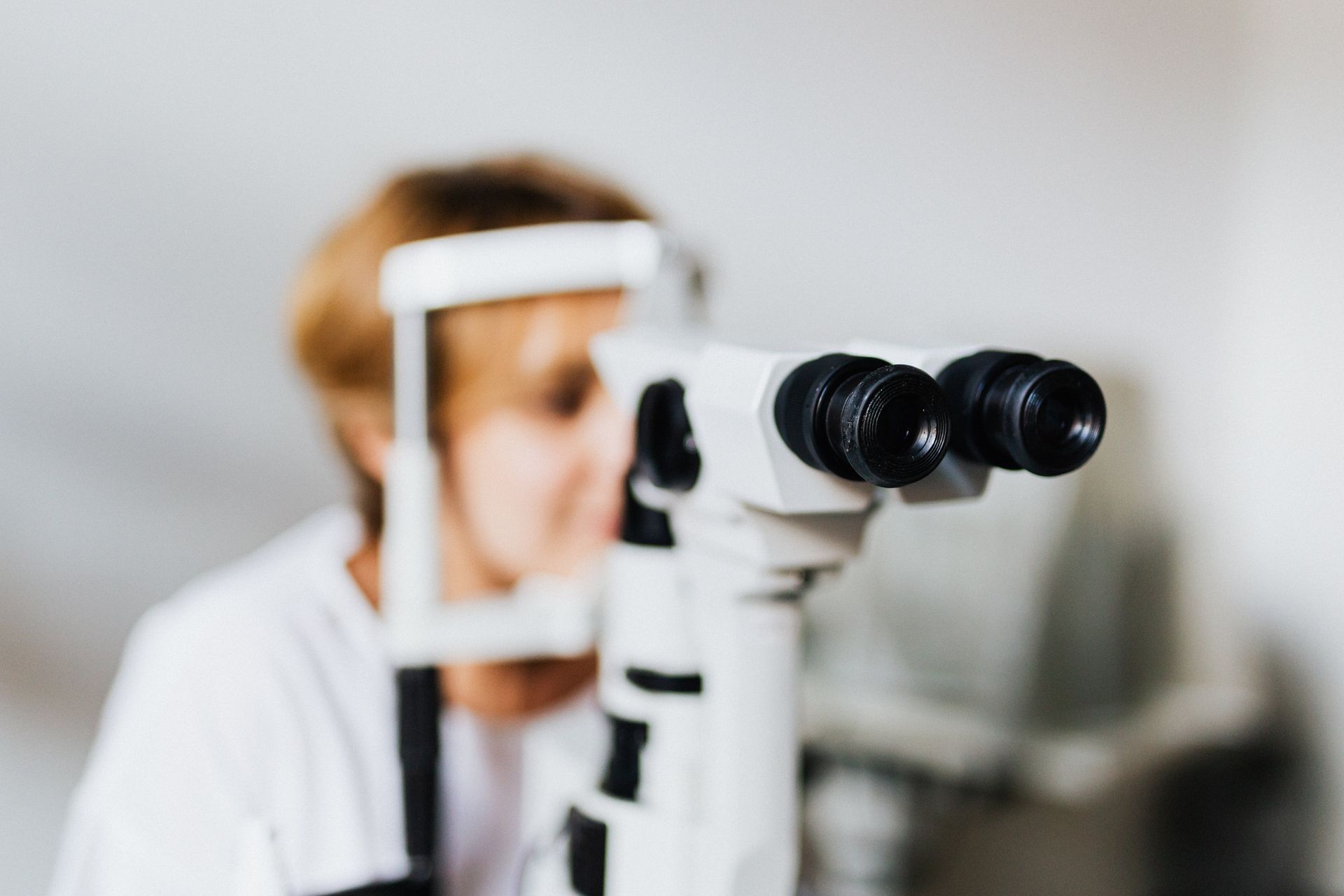
Understanding UV Radiation and Eye Health
UV radiation, while essential for various processes on Earth, can pose significant risks to human health, particularly when it comes to eye health. Read on to understand the negative effects of UV radiation on our eyes and learn about ways to safeguard our vision.
Understanding UV Radiation and Its Types
There are three types of UV radiation: UVA, UVB, and UVC. While UVC is mainly absorbed by the Earth's atmosphere, UVA and UVB rays penetrate it, posing risks to our eyes.
Short-Term Effects of UV Radiation
Short-term exposure to UV radiation can result in photokeratitis, commonly known as snow blindness. There is a range of symptoms that include pain, redness, tearing, and light sensitivity. Although temporary, it can severely impact vision.
Long-Term Risks
Long-term exposure to UV radiation increases the risk of developing cataracts, a condition when the eye's natural lens becomes clouded. UVB rays, in particular, are significant contributors to cataract formation.
UV Exposure and Age-Related Macular Degeneration (AMD)
UV radiation can contribute to the development and progression of age-related macular degeneration (AMD), a leading cause of vision loss in older adults.
Vulnerability in Children
Children are more vulnerable to UV radiation due to their developing eyes and transparent lenses, which absorb more UV light than adults. Prolonged UV exposure during childhood heightens the risk of eye problems later in life.
Protective Measures
Here are the protective factors you can adopt to protect your eyes from UV radiation:
Wear Sunglasses
Invest in high-quality sunglasses that block 100% of UVA and UVB rays. Look for sunglasses labeled with UV 400 or offer 100% UV protection. Wrap-around styles are particularly effective as they provide coverage from all angles.
Choose Wide-Brimmed Hats
Wearing wide-brimmed hats and sunglasses can provide additional protection by shading your eyes from direct sunlight.
Use UV-Protective Contact Lenses
If you wear contact lenses, it’s a great idea to opt for ones that offer UV protection. While they don't cover the entire eye, they can still provide added defense against UV radiation.
Seek Shade
When outdoors, especially during peak sunlight hours (usually between 10 a.m. and 4 p.m.), seek shade whenever possible. This reduces direct exposure to UV rays and lowers the risk of eye damage.
Be Mindful of Reflective Surfaces
Remember that UV rays can reflect off surfaces like water, snow, sand, and concrete, increasing exposure. Take extra precautions in such environments.
Regular Eye Exams
Regular eye exams are important for maintaining optimal eye health and detecting early signs of UV-related damage. These exams enable optometrists and ophthalmologists to assess vision clarity, screen for eye diseases, and identify abnormalities or changes in the eye's structure or function. By scheduling routine eye exams, individuals can receive timely interventions, personalized recommendations for UV protection, and appropriate treatments to preserve their vision and overall eye health for years to come.
Optometric Associates of Southern Maine has a dedicated team of optometrists committed to providing personalized care and guidance tailored to your unique needs. Book your appointment and start on a journey toward clearer, healthier vision. Your eyes deserve the best care possible, and we're here to help you every step of the way.


